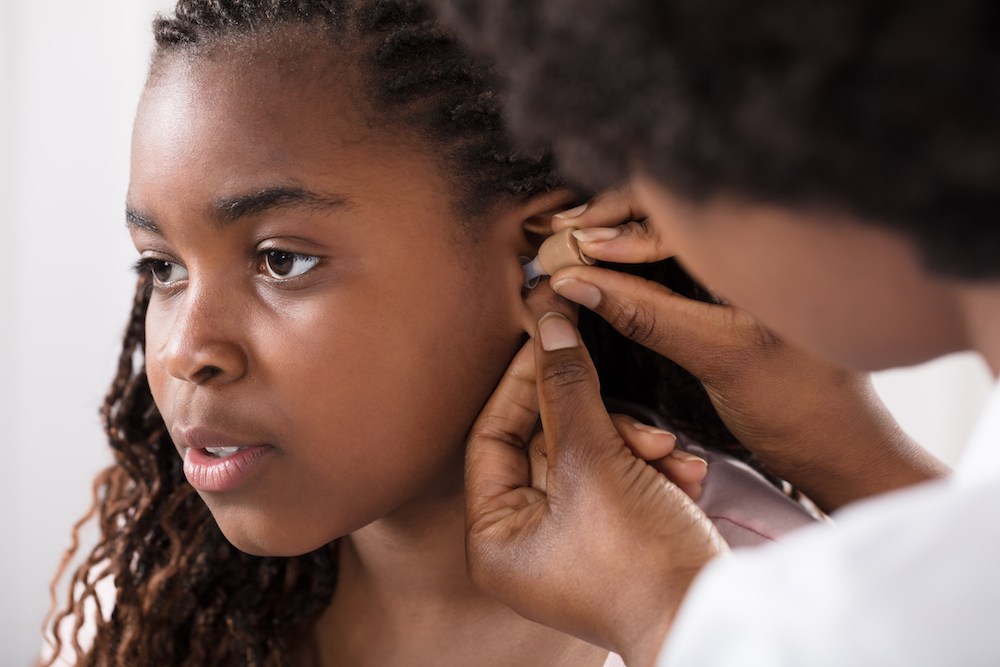Maximizing the Benefits of Your Hearing Aid Fitting
Hearing loss is experienced by many, and although it comes with its unique

By: admin | January 29, 2021
When you have pain, you might grab some aspirin or ibuprofen without thinking much about it, but new studies have demonstrated risks you should be aware of.
Many popular pain relievers, including store-bought brands, carry risks to your hearing that you'll want to weigh when considering using them. Younger men, amazingly, could carry a higher risk factor.
A thorough, 30-year collective study was conducted involving researchers from prestigious universities including Harvard, Brigham Young, and Vanderbilt. A bi-yearly survey was sent to 27,000 participants between the age of 40 and 74 which included health and lifestyle questions.
Because the survey was so diverse, researchers were uncertain of what they would find. After looking at the data, they were surprised to find a strong connection between loss of hearing and over-the-counter pain relievers.
The data also showed something even more surprising. Men younger than 50 were nearly twice as likely to have hearing loss if they regularly used acetaminophen. People who regularly used aspirin had a 50% chance of experiencing hearing loss. And there's a 61% chance that hearing loss will develop in people who use NSAIDs (ibuprofen and naproxen).
Another unexpected thing that was revealed was that high doses used occasionally were not as harmful for your hearing as low doses taken regularly.
It's significant to mention this correlation, but it doesn't definitively demonstrate whether the pain relievers actually caused the hearing loss. More studies are needed to prove causation. But these findings are compelling enough that we should reconsider how we're utilizing pain relievers.
Researchers have numerous conceivable theories as to why pain relievers might cause hearing impairment.
When you experience pain, your nerves convey this sensation to the brain. Over-the-counter pain relievers work by reducing blood flow to particular nerves. You then feel decreased pain as the normal pain signals are blocked.
There may also be a reduction of blood flow to the inner ear according to scientists. This blood carries vital oxygen and nutrients. Cells will die from undernourishment if this blood flow is reduced for prolonged periods.
Acetaminophen, which showed the most appreciable connection, may also decrease the generation of a particular protein that helps protect the inner ear from loud noises.
The most noteworthy revelation was that men under 50 were more likely to be affected. This confirms that hearing loss doesn't just affect the elderly. The steps you take when you're younger can help safeguard your hearing as you age.
While we aren't suggesting you entirely stop using pain relievers, you should recognize that there might be unfavorable consequences. Use pain medication only when you really need to and when dealing with prescription medication, only as prescribed.
If you can find alternative solutions you should consider them as a first approach. It would also be a practical idea to increase the Omega-3 fat in your diet and reduce foods that cause inflammation. These approaches have been shown to naturally lessen inflammation and pain while enhancing blood flow.
And finally, make an appointment with us for a hearing exam. Don't forget, hearing examinations are for people of all ages. If you're under 50, now is the time to begin speaking with us about eliminating additional hearing loss.

Hearing loss is experienced by many, and although it comes with its unique
By: admin | March 31, 2024

Hearing aid repairs are a necessary part of using devices. Hearing aids
By: admin | March 30, 2024

Typically, your body excels at maintaining its own upkeep, including your
By: admin | February 29, 2024
